In an Ethiopian-German collaboration, researchers led by the Division of Infectious Diseases and Tropical Medicine at the LMU University Hospital investigated blood samples of frontline healthcare workers and and residents from urban and rural communities for antibodies. The results suggest that the true COVID-19 prevalence is much higher than the reported figures by the WHO and Johns Hopkins University. Mathematical modeling conducted at the University of Bonn supports the findings. The research team therefore recommends a reorientation of the vaccination strategy for Africa. The study appeared in the journal The Lancet Global Health.
Since the first reported COVID-19 case in Ethiopia in March 2020, the actual spread and burden of SARS-CoV-2 in the country and in Africa has remained largely unknown. Thus far, official data have provided little information in this regard. Contrary to fears of a humanitarian crisis, relatively few COVID-19 cases (of death) were reported for the African continent at the onset of the pandemic. However, recent studies indicate a high prevalence of SARS-CoV-2 among health workers (e.g., 41.2 percent in the Democratic Republic of the Congo, 45.1 percent in Nigeria). Other sporadic reports provide figures as high as 60 percent among blood donors in South Africa. Therefore, the question arises as to how severely the African continent is affected by the virus and what this means for effective pandemic control strategies in Africa.
In an international collaboration of the Division of Infectious Diseases and Tropical Medicine at the LMU University Hospital (Dr. Arne Kroidl and Dr. Andreas Wieser) and of the Ethiopian partners of Jimma University (Jimma Medical Center, JMC, Professor Esayas Kebede Gudina, PhD) and the St. Paul’s Hospital in Addis Abeba (SPHMMC, Solomon Ali, PhD), together with the Helmholtz Zentrum Munich, the LMU, the Technical University Munich and the University of Bonn, the research team conducted a study on the spread of SARS-CoV-2 by antibody detection.
Antibody determination and mathematical modeling
In their research project, they analysed blood samples from frontline healthcare workers, urban as well as rural community residents in Jimma and Addis Ababa. The aim of the cohort study was to obtain epidemiological data on seroprevalence (frequency of specific antibodies in blood serum) and seroincidence (increase in the proportion of antibody-positive individuals) over time in Africa for the first time.
In the period between August 2020 and April 2021, the researchers conducted serological testing of blood samples from healthcare professionals at two teaching hospitals in Jimma city and surrounding rural communities, as well as in the Ethiopian capital Addis Ababa. This was done in a total of three study rounds.
In addition, the research group led by Prof. Dr. Jan Hasenauer of the LIMES Institute at the University of Bonn developed a mathematical model to analyze the course of the pandemic and to predict its future progression. This model also includes the occurrence of variant strains of the virus.
Dramatic increase in SARS-CoV-2 seroprevalence over time
The results showed that SARS-CoV-2 seroprevalence among medical staff had increased dramatically during the study period: at the Addis Ababa hospital, the team recorded an increase from 10.9 percent in August 2020 to 53.7 percent in February 2021, suggesting a 7-day incidence rate of 2,223 per 100,000 inhabitants. In Jimma the numbers increased from 30.8 percent in November 2020 to 56.1 percent in February 2021, suggesting an incidence rate of 3,810 per 100,000 inhabitants. Urban communities showed a significant increase in seroprevalence to almost 40 percent in early 2021, suggesting incidence rates of 1,622 in Jimma and 4,646 per 100, 000 inhabitants in Addis Ababa, respectively. Seroprevalence in rural areas increased from 18 percent in November 2020 to 31 percent in March 2021, well above the WHO or Johns Hopkins University figures reported to date (of 290,000 infections in a population of 112 million – equivalent to a prevalence of 0.26 percent, as of August 2021).
Call for reorientation of the vaccination strategy for Africa
This study illustrates the dynamics of COVID-19 infections in an African population through the spread of SARS-CoV-2 among healthcare workers, and in urban and rural Ethiopia. The results imply a large wave of infection in Ethiopia, requiring special attention with regards to healthcare burden and disease prevention. In this context, Professor Michael Hoelscher, Director of the Division of Infectious Diseases and Tropical Medicine at the LMU University Hospital, calls for an adaption of the vaccination strategy for African countries: “Our results indicate that immunity – due to passed SARS-CoV-2 infections – is much higher in the African population than assumed. This allows vaccines to be used more effectively. For example, the antibody status could be determined before vaccination and, if necessary, only one dose could be vaccinated as a booster. In addition, this allows for a targeted use of the vaccine, especially in high-risk groups and the elderly.”
Transdisciplinary Research
The research approach of linking mathematics and life sciences is part of a common thematic focus of the Cluster of Excellence ImmunoSensation2 and the Hausdorff Center for Mathematics as well as the Transdisciplinary Research Areas "Modelling" and "Life and Health" of the University of Bonn - interdisciplinary alliances of the University of Excellence, of which Jan Hasenauer is a member.
Participating institutions and funding:
Division of Infectious Diseases and Tropical Medicine, LMU University Hospital Munich, German Center for Infection Research (DZIF) in Munich, the Institute of Public Health of Jimma University in Ethiopia, St. Paul's Hospital Millennium Medical College in Addis Ababa (Ethiopia), Institute of Medical Information Processing, Biometry, and Epidemiology of LMU, Institute of Computational Biology of the Helmholtz Zentrum München, TU München, and the University of Bonn were involved in the study.
The study was funded by the Bavarian State Chancellery, the German Federal Ministry of Education and Research (BMBF), the EU funding program “Horizon 2020” of the European Commission, the German Research Foundation and the Volkswagen Foundation.
Publication: Gudina E K, Ali S, Girma E, Gize A, Tegene B, Hundie G B, Sime, W T, Ambachew R, Gebreyohanns A, Bekele M, Bakuli A, Elsbernd K, Merkt S, Contento L, Hoelscher M, Hasenauer J, Wieser A, Kroidl A: Late but massive spread of SARS-CoV-2 in Ethiopia: Longitudinal cohort study among frontline healthcare workers and community. The Lancet Global Health, DOI: ???
Contacts:
Prof. Dr. Jan Hasenauer
LIMES-Institute
University of Bonn
Phone: +49 228 73 62226
E-mail: jan.hasenauer@uni-bonn.de
Prof. Dr. med. Michael Hoelscher
Director of the Division of Infectious Diseases and Tropical Medicine
LMU University Hospital
Phone: +49 (0)89 4400-59801
E-mail: hoelscher@lrz.uni-muenchen.de






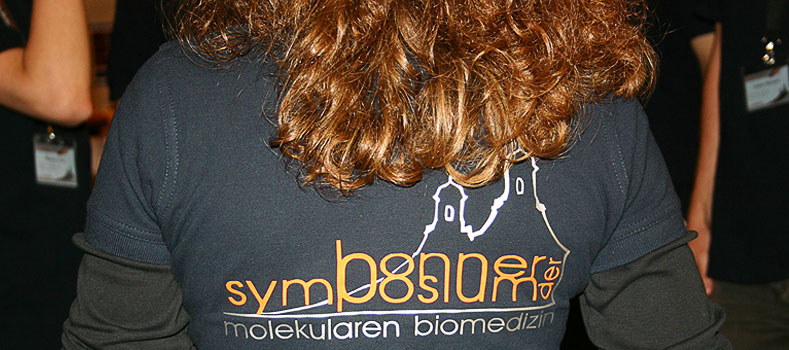
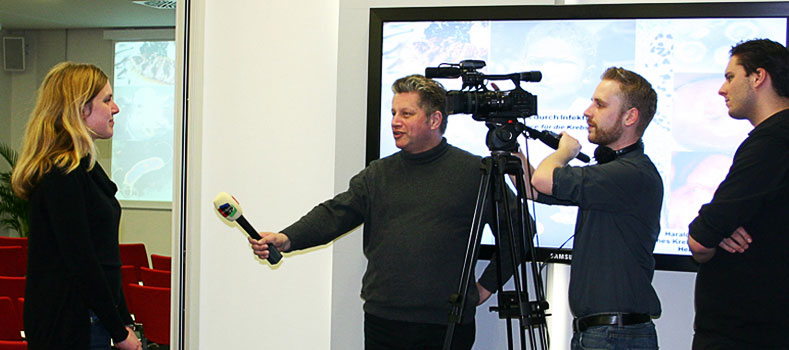

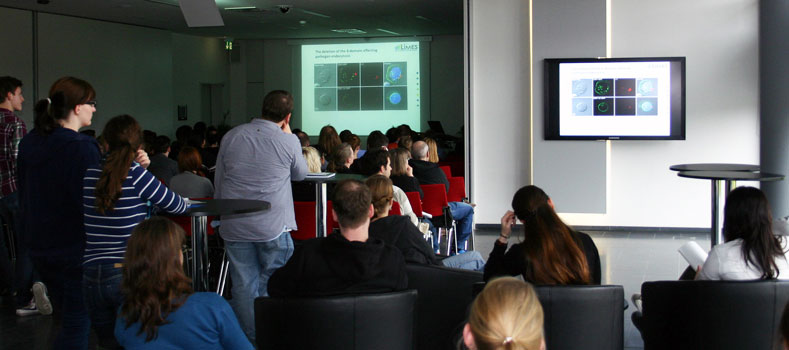
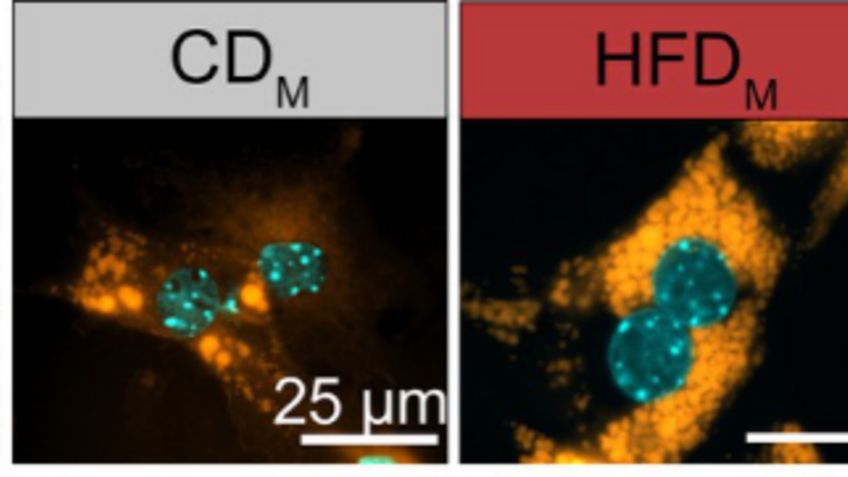
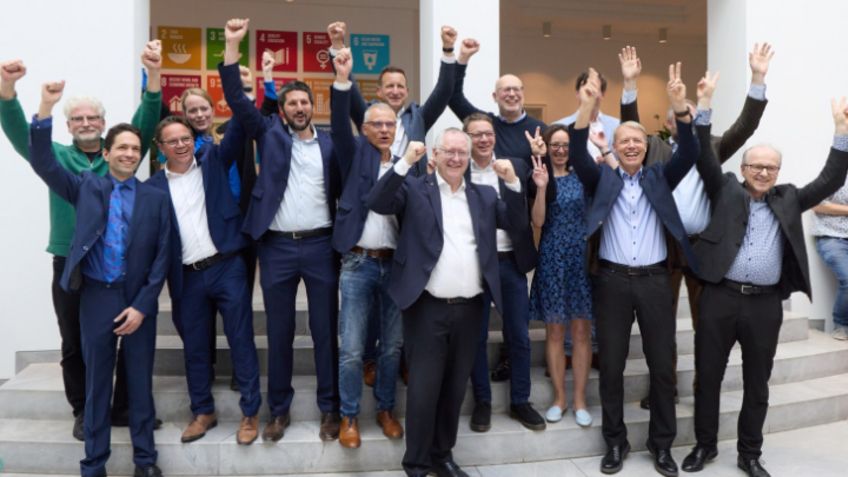
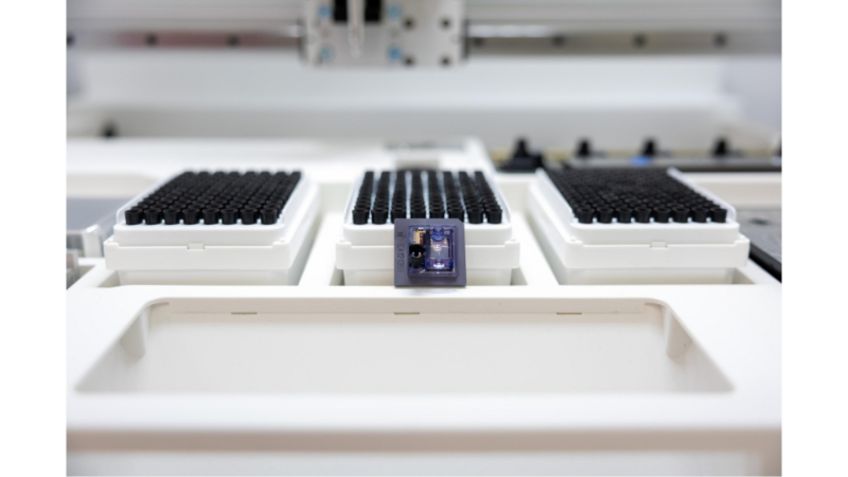
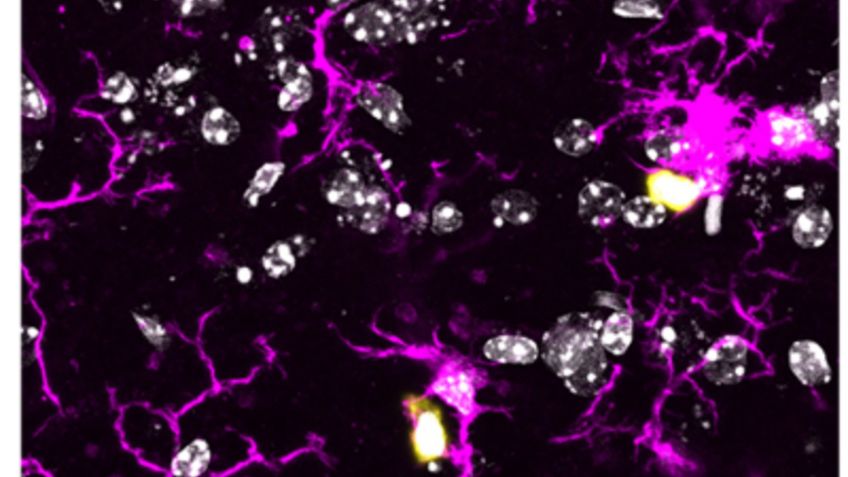
![[Translate to englisch:] [Translate to englisch:]](/fileadmin/_processed_/2/9/csm_Hasenauer_96ff26e6bd.jpg)